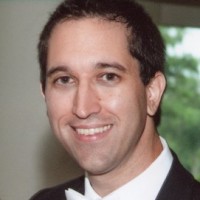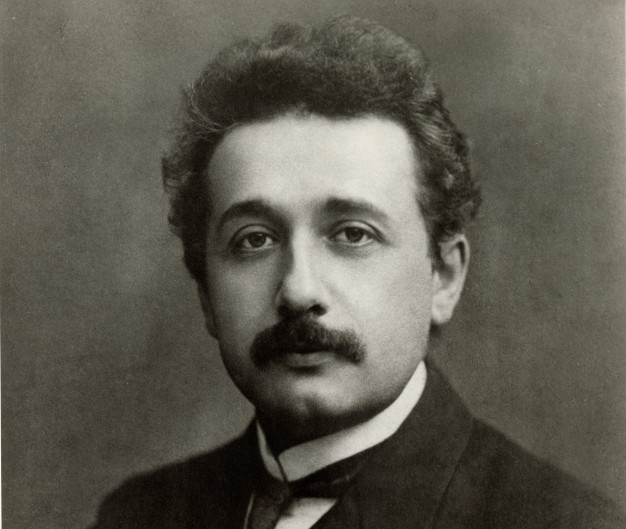Musing on Manuscripts—Finding Einstein
One of the perks of working at the APS’s Library & Museum is that you never know what you are going to find. While reprocessing the John Tyler Bonner Papers, I discovered a fascinating letter buried deep in a box full of miscellaneous correspondence folders: a letter about Albert Einstein (1879-1955, APS 1930).
Written around 2005 in a shaky cursive pen suggesting that the writer was of a certain age, the letter was penned by “Nan.” Nan wrote it to a friend, an ailing John Tyler Bonner (1920-2019, APS 1972). It was an attempt to cheer him up. In another letter to him written around the same time, Nan quotes another famous APS Member, Winston Churchill (1874-1965, APS 1951), in advising Bonner to “Never, Never, Never Give Up!”

Sometime after Albert Einstein’s death, Nan moved into a home on the corner of Edgehill and Mercer Streets in Princeton, New Jersey, across from the late physicist’s former dwelling. Nan drove the two surviving members of the Einstein household—his secretary Helen Dukas and step-daughter Margot Einstein-Marianoff—around on errands, and presumably learned some stories about the man from them.

According to Nan, Einstein was the talk of the town. He inhabited Princeton from 1933-1955, while he was a resident scholar at the Institute for Advanced Studies. Nan notes that “there were so many tales of him walking about Princeton.”

Among the amusing anecdotes she shares are…
1. “Einstein claimed women had no mechanical ability and so he forbade them to drive. Of course HE was the one who had no mechanical ability.” Nan goes on to say she volunteered at Recording for the Blind as a reader, as did Einstein. Apparently, the great scientist was “totally incapable…of turning the tape recording machine on, or off.” And, there were only two buttons on the machine, On or Off!

2. Einstein often thought about religion and referred to God as the “Supreme Intelligence.” A father of a friend encountered Einstein at a Christian Science meeting in New York. Einstein remarked to the man that he could never join that church because it would mean giving up his beloved pipe. Something he could never do.
3. In Princeton, Einstein tutored one of the neighborhood girls, aged 8 or 9, in arithmetic. The girl “heard Prof. Einstein was a great mathematician so she stopped by his house and asked him if he would help her with her arithmetic homework. He good naturedly helped her. She had stopped by several times before her mother found out about it. Needless to say, she rushed over to apologize. Einstein said, ‘It’s quite alright, she likes me to help her with arithmetic and I like the jelly beans she brings me!’”

In finding this gem in the Bonner Papers, it must be said…you just never know what jelly beans you may find amongst the slime mold!
Nan’s letter comes from the John Tyler Bonner Papers at APS. Bonner was a microbiologist who is best known for his work with cellular slime mold. He was a professor at Princeton University from 1948-1990. His papers have been recently processed. For more information, see: John Tyler Bonner Papers (Mss.Ms.Coll.161).
For those interested in further Albert Einstein materials at APS, the John Archibald Wheeler Papers (Mss.B.W564) should be of particular interest. Wheeler (1911-2008, APS 1951) was an influential theoretical physicist in his own right and was a young contemporary of Einstein’s. He taught at Princeton University (1938-1976) and the University of Texas (1976-1986). There are numerous references to Einstein in the collection.


